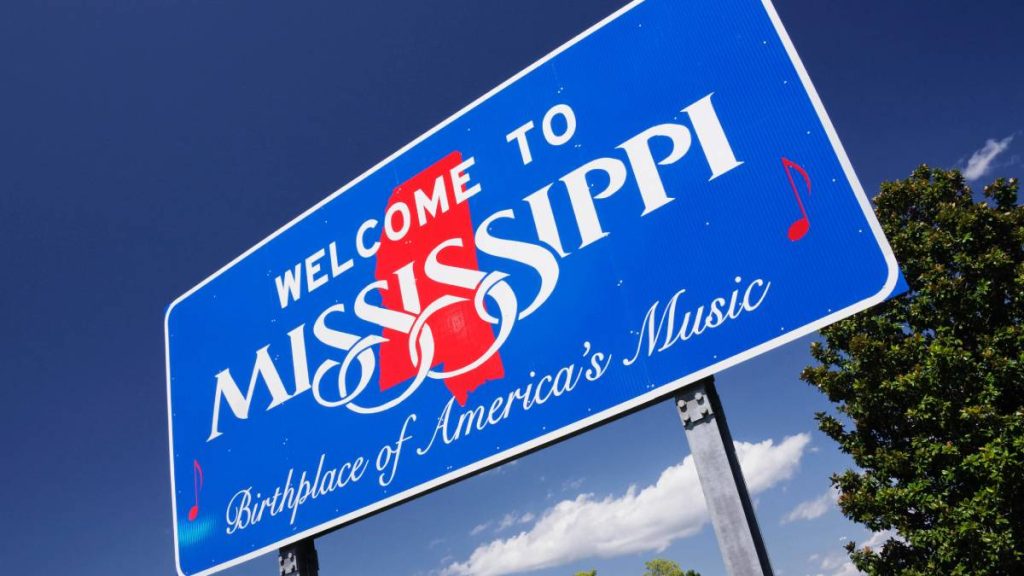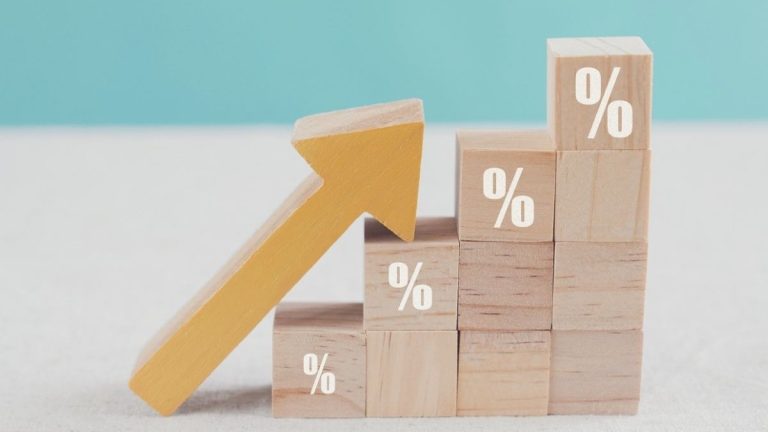Mississippi Weighs 16% Casino Tax as Lawmakers Clash Over Online Betting

The relentless debate in Mississippi over online gambling has reached a new level of intensity with the introduction of a plan to increase casino taxes from 12% to 16% by the House Ways and Means Committee. Introduced by Committee Chairman Trey Lamar, the measure is framed as a way to compensate Mississippi for the money it loses by not allowing off-premises internet betting, a sector that has flourished in other states.
According to Lamar, Mississippi was missing out on a great opportunity to collect taxes since it did not regulate the widely practiced but popular practice of internet sports betting.
The Background
Mississippi has debated the legalization of online gambling for years, with the House repeatedly passing bills that have failed to gain traction in the Senate. Supporters of regulation say it would bring the sector up to date, bring in more investment, and bring in millions of dollars in yearly tax money. The anticipated yearly revenue effect estimates range substantially, from $26 million to $80 million. If things continue as they are, Lamar estimates that Mississippi will lose around $50 million.
One way the planned tax increase may bring in the same amount of money is by raising the state’s percentage of casino taxes from 8% to 12%. This comes as Mississippi’s gambling sector is already feeling the heat from nearby Tennessee, which has legalized internet betting and is reaping the financial benefits to the tune of around $140 million per year in tax income.
Industry and Political Opposition
The proposal has met strong resistance, particularly from Senate Gaming Committee Chairman David Blount, who criticized the bill as an undue financial burden on one of Mississippi’s key industries. Blount also took issue with the House’s broader tax reform strategy, which seeks to eliminate state income tax while increasing sales and gasoline taxes.
Blount argued that the House was disproportionately targeting businesses, pointing out that the proposal would increase casino tax rates by 50% at a time when the industry was already facing challenges. He also suggested that the House’s broader tax plan would lead to higher costs for consumers, as it aimed to increase levies on goods and fuel purchases across the state.
Mississippi has long maintained one of the lowest gambling tax rates in the region, a policy credited with encouraging industry growth over the years. However, as legal online gambling gains traction in other states and unregulated digital platforms siphon off potential revenue, some lawmakers see the industry’s stagnation as a signal that change is necessary.
What Next?
The bill will now move to the full House for consideration, though its prospects remain uncertain. If passed, the measure could mark a turning point in Mississippi’s gambling policy, potentially prompting casinos to reconsider their opposition to online gaming in light of higher tax obligations. However, industry leaders and Senate opponents are expected to push back against the measure, arguing that it could do more harm than good to one of Mississippi’s most significant economic sectors.



